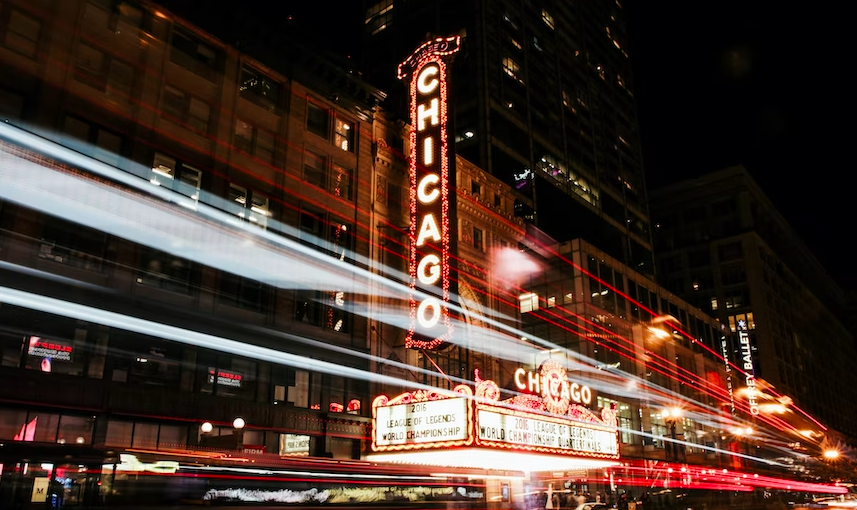
Regulatory reform to decriminalise the use of psilocybin is taking place in a dozen states across the US, and is no longer confined to the West Coast – with lawmakers proposing bills in New York, Connecticut and Virginia.
Although many of these do not make allowances for the commercial sale of the psychedelic medicine, progressive frameworks, such as the programme regulating psilocybin services in Oregon, are also being proposed.
Colorado became the second state to vote in favour of the provision of psilocybin, with over one million voting in favour of the Natural Medicine Health Act, and residents of Illinois could soon vote on a similar measure.
In January, the Compassionate Use and Research of Entheogens Act, or the CURE Act, was introduced for consideration in the State Capitol. If passed, the Act would direct the Illinois Department of Public Health to regulate the manufacture, sale and administration of psilocybin to adults at licensed service centres. It would also expunge criminal records related to the possession of psilocybin.
The proposed framework bears striking similarities to that in Oregon, with clients not requiring medical diagnosis to benefit from psilocybin services. This would promote treatment accessibility and create an addressable market of over 9 million, three times larger than that in Colorado, with 2 million over-18s in Chicago alone.
In Illinois, the bill provides cities and counties with the ability to opt out of providing psilocybin services in their respective jurisdictions. This is also the case in Oregon, where 137 towns and counties voted to opt out of the state’s psilocybin framework. This accounts for roughly two-thirds of the entire state, with a clear divide evident between urban and rural districts.
While no medical diagnosis would be required to access psilocybin in Illinois, a client would be required to complete a preparation session with a licensed facilitator. This preparation session would not need to take place at a licensed centre, but the administration of the psychedelic medicine itself would, in the presence of a licensed facilitator.
To make recommendations regarding the requirements and specifications for psilocybin services, the CURE Act would establish the Illinois Psilocybin Advisory Board. The advisory board would be a 20-member-strong committee of experts from mental health, clinical research and mycology, to provide ongoing guidance on industry best practice.
To structure and implement the provision of psilocybin services in Illinois, a two-year development period beginning 1 January 2024 and ending no later than 31 December 2025 has been suggested. This could see licensed psilocybin service centres operational by mid-2026.
However, as the CURE Act has been introduced by lawmakers, instead of originating from a citizens’ initiative, it could be subject to numerous amendments before it comes into effect.
Assuming the creation of a psilocybin services market as proposed in the Act’s current iteration, the total addressable market in Illinois could generate US$600 million a year. It has been proposed that a 15% tax be imposed on the sale of psilocybin in the state, which would equate to US$90 million a year in revenue.
When calculating the total addressable markets for adult-use programmes, consumer demand for psilocybin services was ascertained through a survey conducted by Red Light Holland in Oregon. The development of these markets will depend on the efficiency of regulators in issuing licences and promoting industry accessibility. As a result, information obtained from regulators and service providers will be essential to calculate market scalability and sizing.


